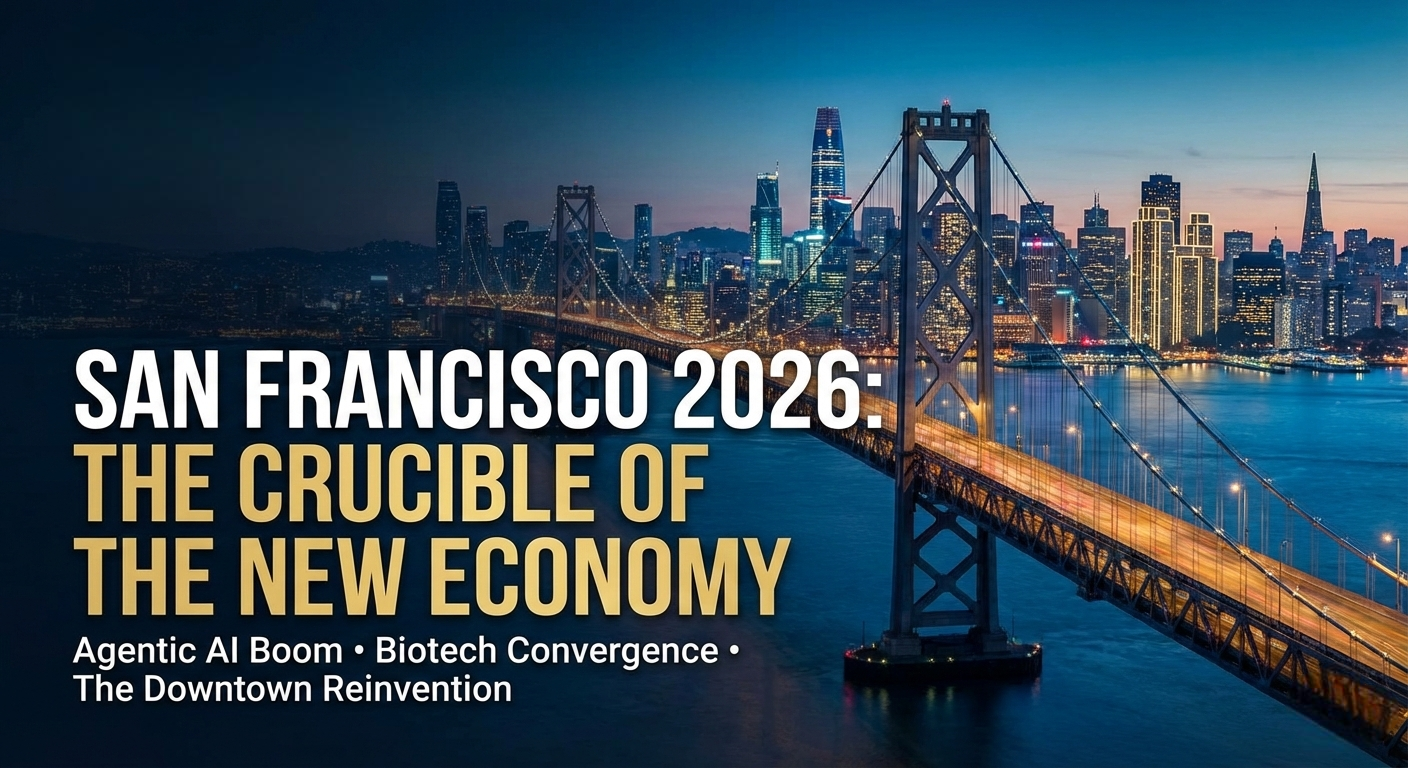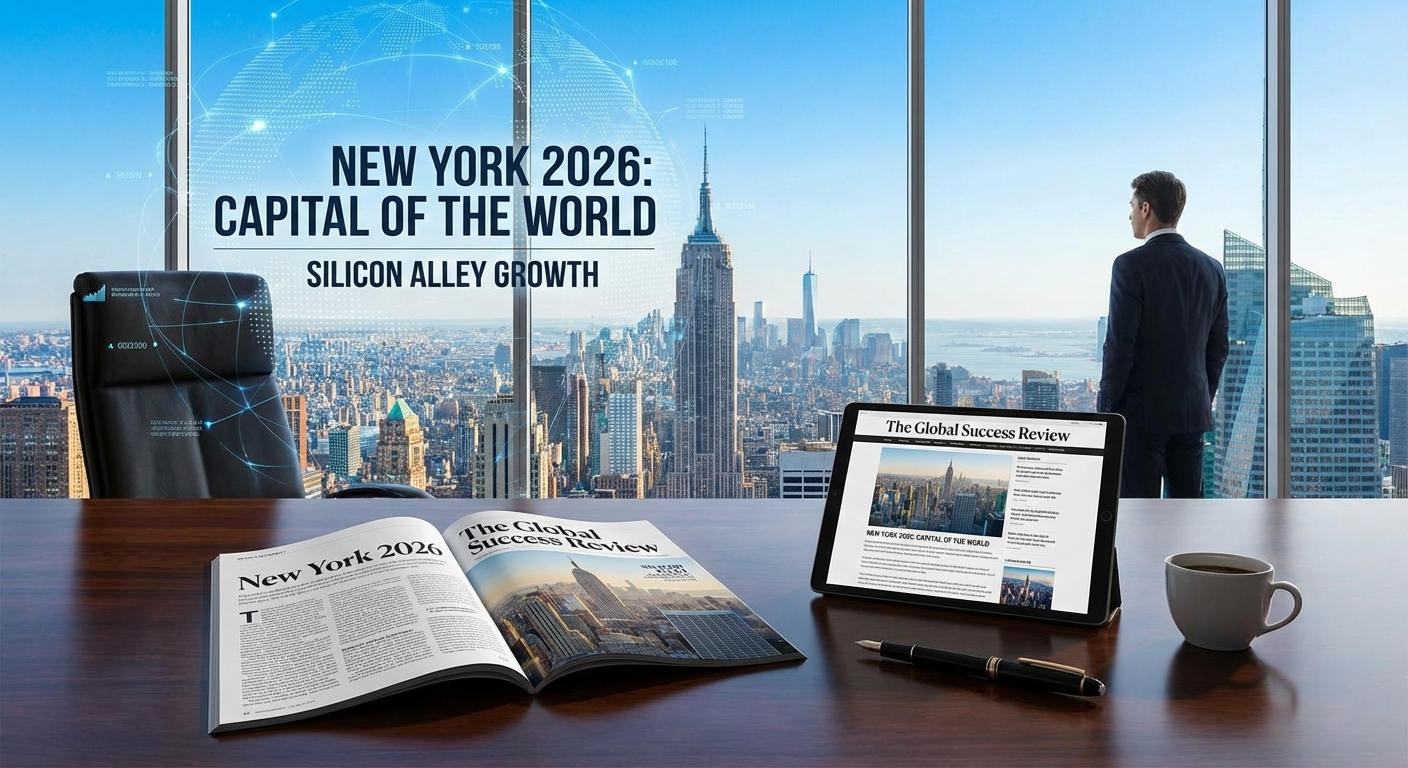In a world that is becoming increasingly aware of the environmental, social, and economic challenges we face, sustainability is no longer a luxury but a necessity. For businesses, governments, and individuals alike, the importance of embracing sustainability has never been clearer. At Global Success Review Magazine, we recognize that sustainability is the cornerstone of long-term success. It shapes the future of industries, impacts decision-making processes, and ultimately defines the legacy we leave for future generations.
Sustainability is more than just an environmental buzzword; it’s a comprehensive approach that integrates environmental protection, social responsibility, and economic growth. By adopting sustainable practices, companies are not only contributing to the well-being of the planet, but they are also positioning themselves as leaders in an increasingly conscientious market. From reducing carbon footprints to promoting fair labor practices, the focus on sustainability is rapidly reshaping industries across the globe.
Environmental Responsibility: A Call to Action
The environmental aspect of sustainability is what most people initially think of when they hear the term. It’s about reducing the negative impact human activity has on the environment cutting down on waste, reducing emissions, and conserving resources. In a time when climate change is a pressing issue, the importance of environmental sustainability cannot be overstated.
For businesses, adopting green initiatives is not only an ethical responsibility but also an opportunity for innovation. Companies that invest in renewable energy sources, adopt circular economy principles, and implement resource-efficient practices are seeing long-term cost savings. More importantly, these efforts help to future-proof the business by aligning with global trends and regulatory requirements.
Take, for example, the automotive industry. Companies like Tesla and Toyota have made significant strides in producing electric vehicles (EVs) to reduce reliance on fossil fuels. These efforts not only contribute to reducing emissions but also cater to a growing market of eco-conscious consumers. In fact, studies show that consumers are increasingly choosing brands that align with their values sustainability included. Businesses that neglect this shift risk falling behind as consumer preferences evolve.
Social Responsibility: Creating Value for All
Sustainability extends far beyond the environment to encompass social responsibility. Businesses are increasingly being held accountable not only for their environmental impact but also for how they treat their employees, communities, and other stakeholders. This facet of sustainability is about ensuring that companies contribute to the betterment of society as a whole.
Companies that prioritize social sustainability often see improvements in employee morale and loyalty. Fair wages, safe working conditions, and opportunities for professional growth foster an environment where employees thrive. Additionally, when businesses are committed to giving back to their communities whether through charity work, local engagement, or fair trade practices they create an environment of trust and goodwill.
One standout example is Patagonia, an outdoor clothing brand that has long been a leader in social responsibility. Their commitment to fair labor practices, environmental advocacy, and transparent supply chains has earned them a loyal customer base. More than just a brand, Patagonia is a symbol of what a company can achieve when it prioritizes people and the planet over profit margins.
Economic Growth: A Sustainable Business Model
In the traditional business world, sustainability was often seen as an added cost something that businesses could only afford if they were already successful. However, as the world’s markets shift toward more sustainable practices, it’s becoming increasingly evident that sustainability is not only compatible with growth but is a vital component of it.
Sustainability creates opportunities for innovation, which leads to new business models, products, and services. The transition to sustainable practices often requires companies to rethink their operations, supply chains, and even their business strategies. This process can spark creativity and open up new avenues for growth.
Consider the rise of the clean energy sector. Renewable energy technologies such as solar, wind, and geothermal have experienced significant growth over the past decade. Companies operating within this sector have not only made meaningful contributions to the fight against climate change, but they’ve also capitalized on a rapidly expanding global market.
Investing in sustainability also improves financial performance in the long run. Many studies have shown that companies with strong sustainability practices tend to perform better in the stock market, attract more investment, and enjoy higher profit margins. This is because sustainability drives efficiency, reduces waste, and builds a more resilient business.
The Role of Leadership in Driving Sustainability
For sustainability efforts to be successful, they must be driven from the top down. Leadership plays a crucial role in setting the tone and vision for sustainability within an organization. It’s not enough for companies to have a sustainability policy tucked away in a report; leaders must actively champion these efforts and align them with the company’s core values.
At Global Success Review Magazine, we have seen that the most successful companies are those where sustainability is integrated into the business model from the outset. These companies are led by visionaries who understand that sustainability is a competitive advantage. They invest in long-term goals, even if those goals require short-term sacrifices. This kind of forward-thinking leadership is the key to creating lasting success.
Conclusion: Sustainability as the Future of Business
As we look to the future, it’s clear that sustainability will continue to play a pivotal role in shaping global success. It’s not just a trend it’s the new standard. For businesses to thrive in this evolving landscape, they must embrace sustainability in all its forms: environmental, social, and economic.At Global Success Review Magazine, we believe that sustainable practices are not just beneficial they are essential. By prioritizing sustainability, companies can not only contribute to a better world but also secure their place in the future of business. The choices we make today will shape the world we live in tomorrow, and businesses that take sustainability seriously are the ones that will lead the charge toward a brighter, more prosperous future for all.



















